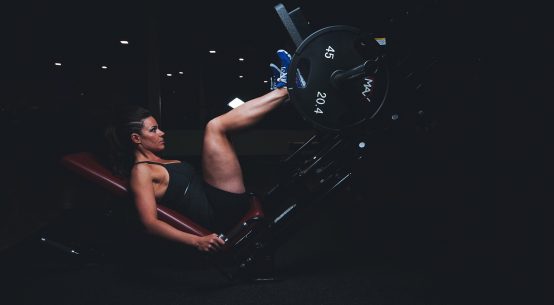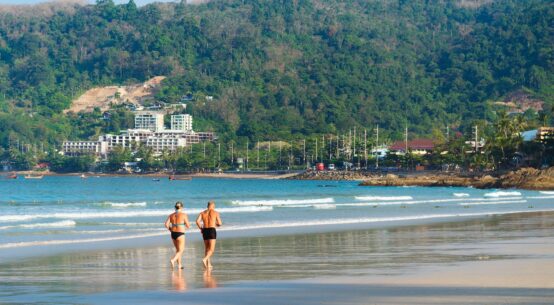
Otautahi – Tomorrow is world health day which is more significant for New Zealanders than ever before as the global covid pandemic pushed more people into poverty, food insecurity and amplified social and health inequities.
This World Health Day should celebrate the work of nurses and health workers who are at the forefront of the covid response providing high quality. Without nurses, there would be no response.
To highlight world health day, ExerciseNZ wants to see greater efforts to address the serious fact of New Zealand having some of the least physically active children in the world, resulting in high levels of obesity and other health conditions.
The government is offering kids school lunches but ExerciseNZ chief executive Richard Beddie says not enough is being done to support and foster their activity levels.
“Nutrition (lunches) are part of the solution, so that is positive. About 640 low-decile schools will join 182 existing schools getting free school lunches this year under a $220 million government scheme,” he says.
“But we need a multi-disciplinary and community-led approach. We know 93 percent of New Zealand kids don’t do enough physical activity, according to the World Health Organisation (WHO).
“Physical activity is more than just a performance. Research shows it leads to better education outcomes and more mentally robust individuals which is so important in a covid world. We need to be a much more active nation.
“The British Health Medical Journal says mental health should be a public health priority and a focus on mental health in childhood as well as the whole of the lifespan of a child.
“It is thought that half of adult mental health problems start before the age of 14, so early interventions may reduce long-term damage.
“With greater physical activity, comes better mental health and long-term health outcomes. This is especially important given the financial health issue pressures on the government. Anything that can reduce unnecessary health costs from the Ministry of Health is a win.
“I would like to meet the Prime Minister Jacinda Ardern and the Minister of Health Andrew Little and present our suggestions and recommendations on exercise and mental health which, if applied, will show massive benefit for Kiwi children.
“I constantly work with the WHO on physical activity and I know New Zealand is really lagging. If we increase our kids’ physical activity there is a unique opportunity to get this right and the exercise industry is stepping up to offer to help.
“We have passionate and qualified exercise professionals and facilities with the capacity and desire to help improve the wellness of all Kiwis. We already help half a million New Zealanders but we would love to help the other 4.5 million people.”
New Zealand is the 13th worst in the world when it comes to inactivity which is leading to a whole range of poor outcomes, such as being the second highest in the world in child obesity.
Beddie is recognised in the fitness industry as a global expert in exercise and physical activity.
He has a background in governance of global bodies including being chairman of the International Confederation of Register for Exercise Professionals for four years and nine years with Skills Active Aotearoa, New Zealand’s standard setter for education and training in sport fitness and recreation.
He set up the world’s first collaborative network for registered exercise professionals globally and has worked with other countries to facilitate portability for New Zealand-trained exercise professionals to travel and work overseas.
For further information contact Make Lemonade NZ editor-in-chief Kip Brook on 0275 030188



